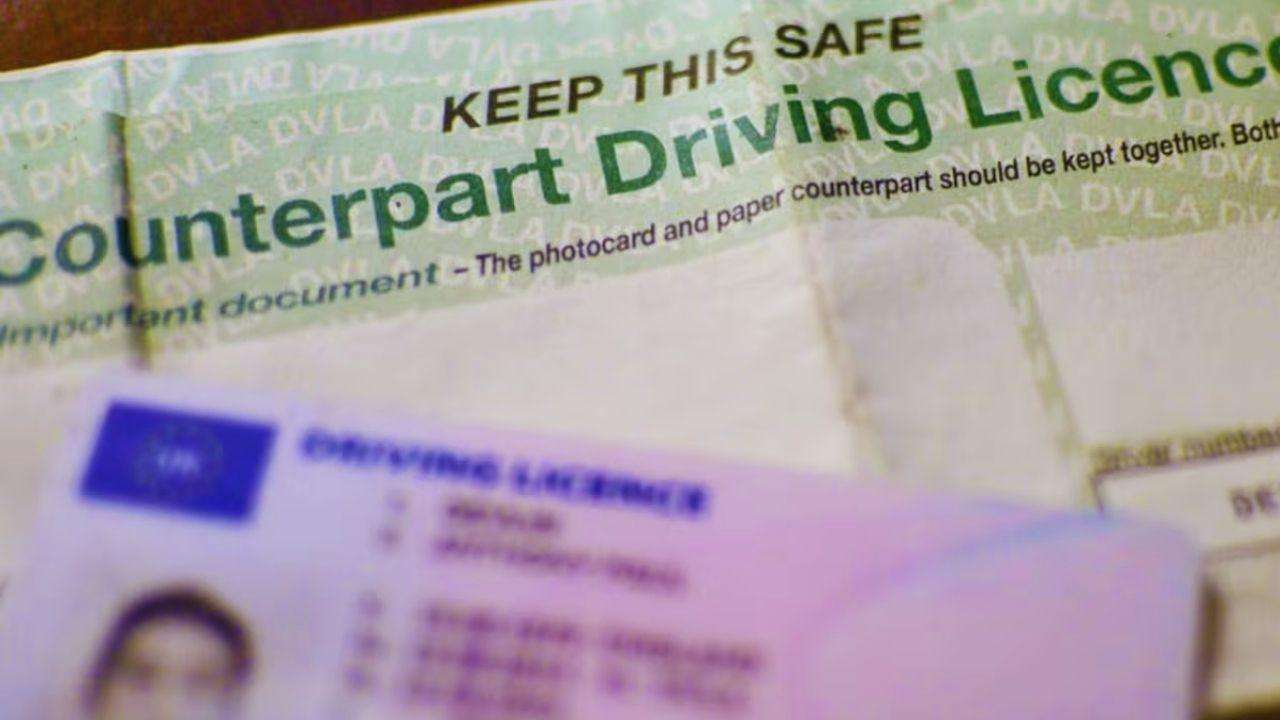The dire need for foreign workers in European nations has been repeatedly proved by several papers and studies. The EU nations have progressively relaxed their work permit and, eventually, citizenship regulations to satisfy their own market demands.
Germany, for instance, was adamantly opposed to the idea of "dual citizenship," meaning that foreigners who want to become German citizens had to renounce their prior citizenship. Due to a nationwide initiative to reform the immigration system, the German government permits dual citizenship as of 2023.
However, a requirement that has remained and, judging from the recent developments, will become even more stringent is “being of good character”. Many European countries do not grant citizenship to candidates who have a criminal record, especially for crimes related to terrorism and antisemitism, as we will explore below:
Austria
To be eligible to become a candidate for Austrian citizenship, several requirements must be met, including a continuous residency period in Austria for ten years, sufficient income and language proficiency, and a “positive attitude towards” Austria.
The remaining requirement on this list is having no criminal record, which proves Austria’s zero-tolerance policy for those who have committed crimes in the past.
Applicants are required to present a criminal record certificate (Strafregisterbescheinigung), which proves their claims and makes a candidate eligible to become an Austrian citizen.
Applicants for jobs in various sectors, including security and surveillance, will need to provide a copy of their current criminal record certificate as part of their job application. In most cases, the certificate must not be more than three months old.
--Austrian Interior Ministry
Germany
The German government also has stringent requirements for ex-convicts, preventing them from obtaining citizenship. All candidates for obtaining German citizenship cannot have a criminal record or be subject to criminal proceedings or an investigation. They have to wait until the court makes a decision to proceed with their application.
However, those who have committed minor offences can still obtain citizenship. These offences include:
- Conviction under the Youth Courts Act (Jugendgerichtsgesetz).
- Fines of up to 90 daily rates.
- Suspended prison sentences of up to three months if the applicant has successfully completed their sentence.
However, not all three-month sentences are forgiven by the German government. Those who have committed offences related to racism and antisemitism will not get a second chance.
This does not apply if it was ruled at the time of conviction that you committed your offence for racist or antisemitic reasons or other motives evidencing contempt for humanity. In this case, naturalisation is not possible.
-German Migration Ministry
Denmark
Criminal offences can influence your chances of obtaining citizenship in Denmark. Those charged with an offence cannot acquire Danish citizenship until their charge is dropped.
Offences that can cause you to lose your chances of obtaining citizenship include unconditional or a suspended term of imprisonment. Detention outpatient treatments, offences against the country, including terrorism and permanent expulsion from Denmark.
In addition, individuals convicted of gang crime, violence against children or sexual offences will not be able to obtain Danish citizenship.
Sweden
Swedish law for obtaining citizenship is slightly different than those already mentioned in this article. According to the Swedish Migration Ministry, the information for applicants is gathered from three different sources, depending on what type of crime they have committed.
For example, the Swedish Enforcement Authority reveals information about candidates’ unpaid debts, while the police have data on whether the applicant has committed or is suspected of a crime. In addition, the Swedish Security Services has information related to security screening.
In Sweden, those who have committed crimes have a chance to become Swedish citizens, provided they have waited the necessary time. Applicants who have been fined between 30 and 100 times their daily income have to wait between one and three years to apply for Swedish citizenship.
Those that have between one month and eight-month custodial sentences have to wait between four and six years after the crime, depending on the sentence they have received, while those that have been punished with one-year to six-year custodial sentences have to wait between seven and ten years to file their citizenship application.
In cases of repeated offences, the qualifying period for the applicants can be extended even more. For suspended sentences, applicants have to wait three years after their sentence went into effect and risk having even a longer qualifying period if they receive custodial sentences or day fines. The same occurs with those who have been on probation, who have to wait four years after their probation begins to submit their citizenship application.
Netherlands
Dutch nationality can be acquired if the applicant has not committed any crime five years before the application. This restriction applies to all types of penalties imposed by the criminal court, public persecutor, and public prosecutor’s office.
This means that applicants who have had a prison sentence, fines or other offences all have to wait up to five years to be allowed to apply for citizenship. Earlier this year, four political parties in the Netherlands revealed plans to tighten citizenship rules, increasing the minimum residency requirement for naturalisation from five years to ten.








.svg)


